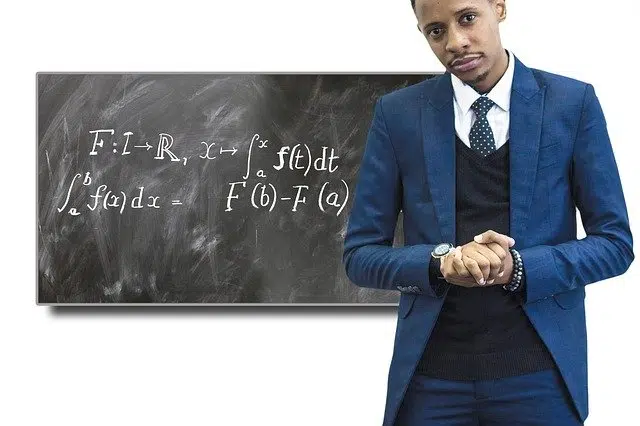
Ability is linked to the ability to perform a task.
The concept of ability comes from the Latin term habilĭtas and refers to the skill , talent , expertise or aptitude to carry out a task. The skilled person, therefore, manages to do something successfully thanks to his skill.
For example: "To solve this type of problem you need special skill" , "The Portuguese striker scored two goals that once again demonstrated his great ability" , "The minister's lack of ability to achieve harmony in his work group was the trigger that led to his dismissal .
In other words, ability is a certain level of competence of a subject to meet a specific goal: “Ricardo has a great ability to solve mathematical problems.”
mathematical ability
In the case of this last example, we can speak of mathematical ability , which is the ability to use figures effectively and to complete a reasoning process appropriately. According to the classification proposed by the North American Howard Gardner , mathematical ability is a type of intelligence that correctly uses thinking belonging to the field of logic.
People with mathematical ability, therefore, are easy to work with functions, proportions and other abstract elements .

Mathematical ability is associated with the proper use of logical thinking.
Social, cognitive and communicative abilities
However, we cannot ignore the fact that, in addition to this type of skill, there are other classifications that allow us to determine the different variants of it. Specifically, it is common to talk about what social skills are, which can be defined as all those abilities that a person has to carry out interpersonal relationships. Thus, reference is made to the ability to communicate, to have empathy or to negotiate.
Likewise, it is also very important to talk about cognitive skills. These are those that refer to those that a person has who is capable of solving various problems, of understanding that a certain action will have a specific series of consequences or of making a series of decisions.
The third most important class of general skills are the so-called communicative skills, which are those that determine someone's ability to carry out the analysis of the influence that other people or even the media may have. And that is without forgetting that it will also do the same with the values or norms that are established in society.
Job skills
To all this we should add that it is common for reference to the worker's skills to be made within the workplace. Specifically, those that are most valued in a professional are creativity, manual dexterity, leadership, linguistic ability or mechanical dexterity. All of them will determine that he is a competent, effective and important employee for any company.
It should be noted that the ability can be an innate aptitude (that is, transmitted genetically) or developed (acquired through training and practice). In general, both issues complement each other: a person may have been born with the ability to play tennis, but they will have to train very hard if they want to develop their talent and be able to compete at a professional level.
